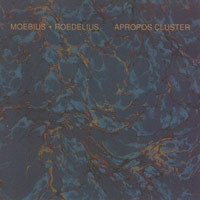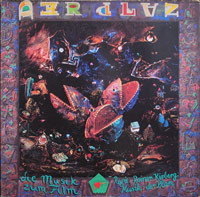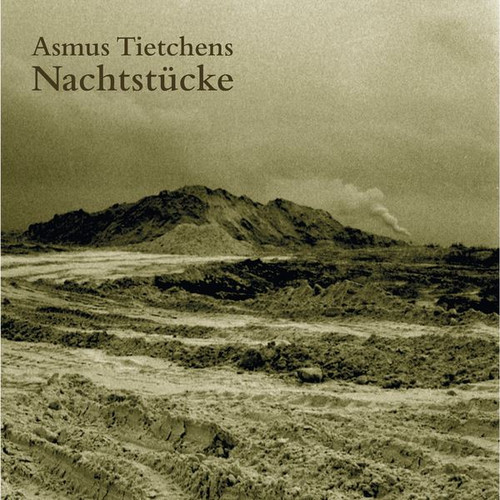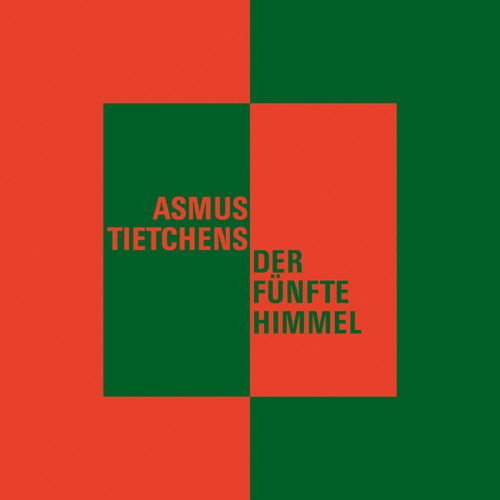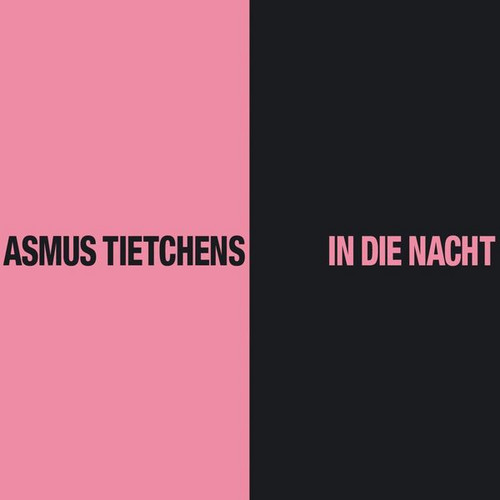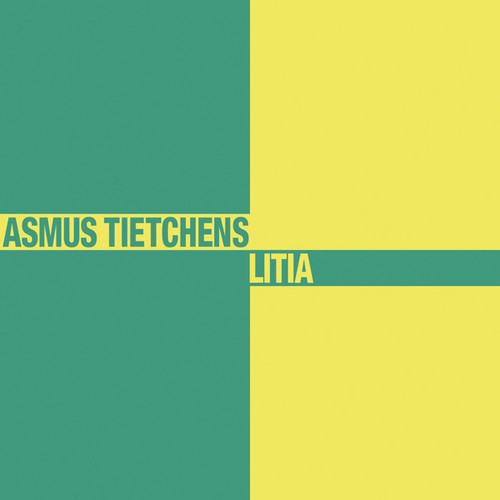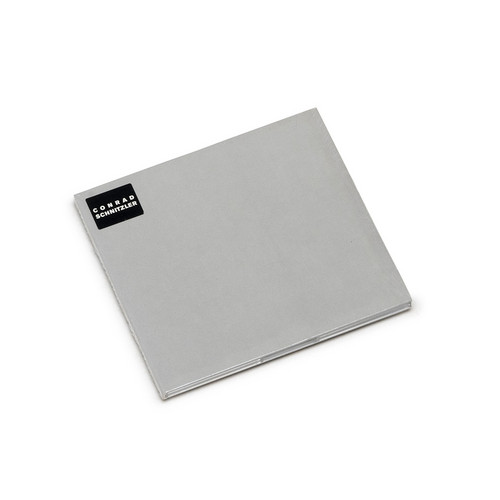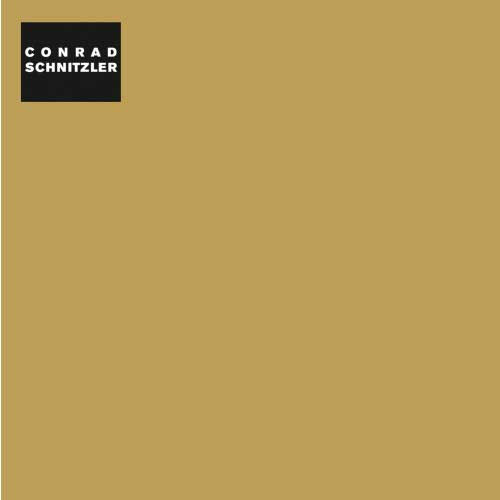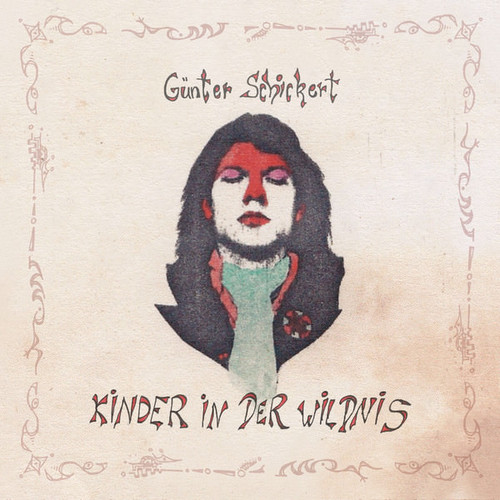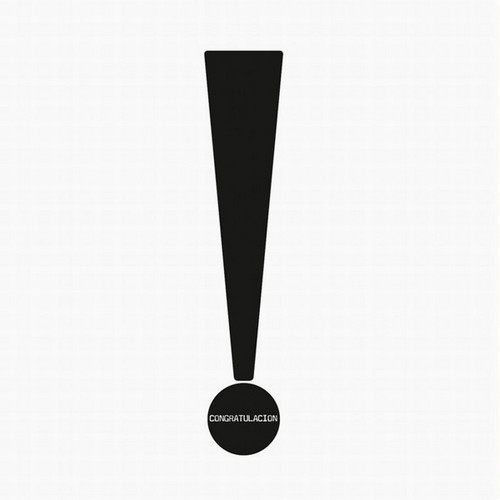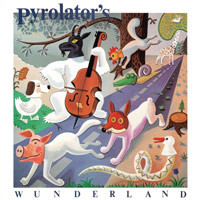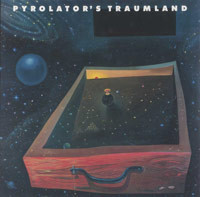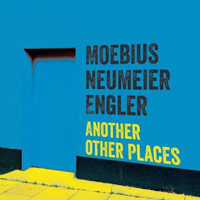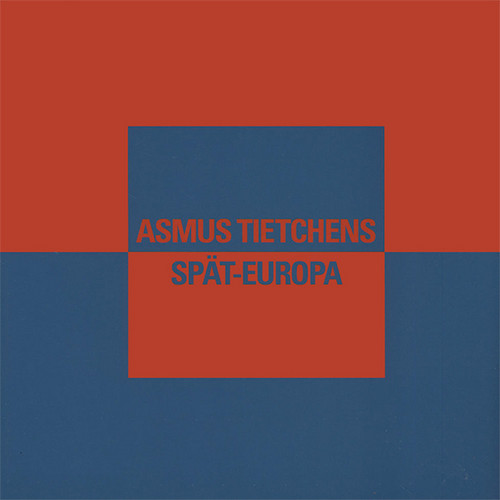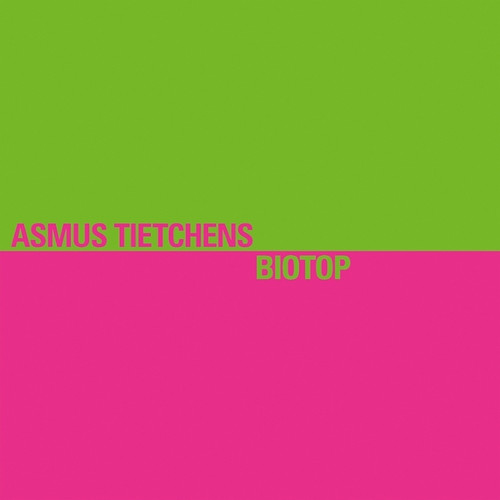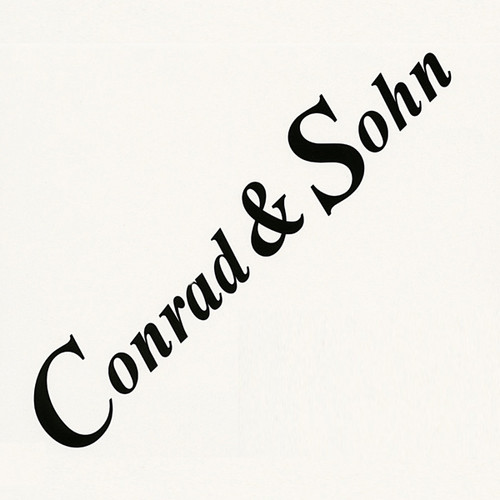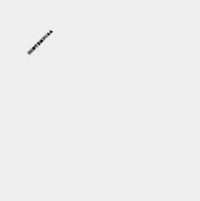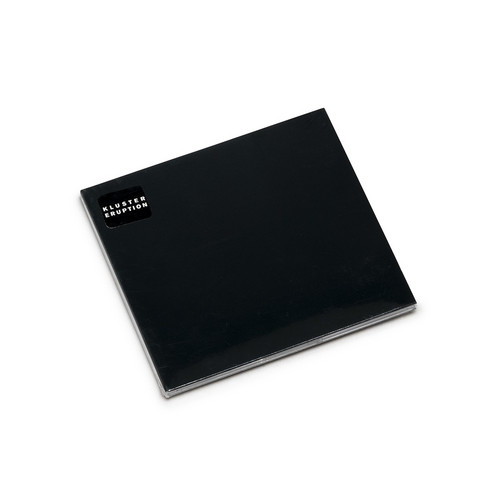★Bureau B
Apropos Cluster
“Apropos Cluster” was released in Coralville, Iowa, in deepest provincial America. Youthful enthusiast Russ Curry (sic) set up the Curious Music label on his own initiative to release this very album. Emboldened by the spirit of the independent movem…
Die letzte Rache
Der Plan (Moritz R, Frank Fenstermacher, Pyrolator) were instrumental in ushering in the German New Wave (NDW) and are considered free spirits of synthesizer pop: electronic music created with minimal means, sometimes experimental, playful or even …
Nachtstucke
LP version. Pressed on 180 gram vinyl. Nachtstücke owed its publication to former Tangerine Dream member Peter Baumann, who was asked by the French label Barclay/EGG to produce three albums focusing specifically on German electronic music. He was wor…
Der Funfte Himmel
LP version. Pressed on 180 gram vinyl. Between 1981 and 1983 Asmus Tietchens released four albums on the Sky Records label, fusing rhythmic set pieces and off-kilter sounds into gaudy escapades of saccharine artificiality. The "pseudo-pop" epithet re…
In die Nacht
Bureau B reissues Asmus Tietchens' third solo album on Sky Records, originally released in 1982. It stands to reason that any musical journey undertaken by a skeptic like Asmus Tietchens is destined to head into the night (In die Nacht) rather than i…
Litia
LP version, on 180 gram vinyl. Released in 1983, the Litia album concluded Asmus Tietchens' études phase and bid a farewell to rhythmic synths -- well, almost. All the signs of "pseudo pop" as heard on Biotop, Spät-Europa, and In die Nacht resurfaced…
Silber
A collection from Conrad Schnitzler's archive, recorded between 1974 and 1975, originally released on LP only in 2009. Contains the complete original material (three more tracks than the 2009 release) on CD for the first time (with original running o…
Gold
Bureau B presents a song collection from Conrad Schnitzler's archive, recorded between 1976 and 1978, originally released by the small German label Marginal Talent in 2003. In the comprehensive canon of Schnitzler releases, the music on the Gold albu…
Kinder in der wildnis
The fact that this album appeared at all in 1983 owes less to Günter Schickert and more to Steven and Alan Freeman, who sought him out for their Krautrock encyclopedia The Crack in the Cosmic Egg. On learning that Schickert had heaps of recordings in…
Congratulacion
LP version on 180 gram vinyl." Conrad Schnitzler is as unpredictable as he is true to himself. If this sounds paradoxical, he reconfirmed the assertion in 1987 with an album which posed many questions and offered few answers -- his music more extraor…
Pyrolator's Wunderland
LP version, on 180 gram vinyl. Bureau B reissues Pyrolator's Wunderland, originally released on Ata Tak in 1984. Quote 1: "I have always strived for the opposite of whatever is hip at the time." (Pyrolator in June 2013) Quote 2: "Wunderland is so bea…
Pyrolator's Traumland
LP version, on 180 gram vinyl. Bureau B reissues Pyrolator's Wunderland, originally released on Ata Tak in 1984. Quote 1: "I have always strived for the opposite of whatever is hip at the time." (Pyrolator in June 2013) Quote 2: "Wunderland is so bea…
Another other places
"17 years after Other Places, a sophomore album from these innovative musicians. Dieter Moebius (Kluster, Cluster, Harmonia), Mani Neumeier (Guru Guru) and Jürgen Engler (Male, Die Krupps) got back together to carry on exactly where they left off in…
Spat-Europa
LP version. Comes on 180 gram vinyl. While Asmus Tietchens planned to head off "into the future" ("In die Zukunft") with Biotop (1981), Spät-Europa witnesses his arrival. Released on Sky Records in 1982, the second album in the "Zeitzeichen" phase no…
Biotop
scenes from the lab of German electronic music composer Asmus Tietchens are just a few skewed demonstrations of his distant mastery of highbrow composition guised in synth-pop's veneer
Conrad & Sohn
"Conrad Schnitzler is undoubtedly one of the founding fathers of German electronica. And his son, Gregor Schnitzler, matched the father's extraordinary level of creative output. They appear to have settled any musical differences amicably. After all,…
Contempora
Conrad Schnitzler (1937-2011), composer and concept artist, is one of the most important representatives of Germany's electronic music avant-garde. A student of Joseph Beuys, he founded Berlin's legendary Zodiak Free Arts Lab, a subculture club, i…
Schwarz (Eruption)
Kluster was a short-lived project of three musicians/artists/performers: Dieter Moebius, Hans-Joachim Roedelius and Konrad Schnitzler. They recorded two albums in 1970, unprecedented in their experimental radicalism. Chaotic, apocalyptic (noise) impr…
